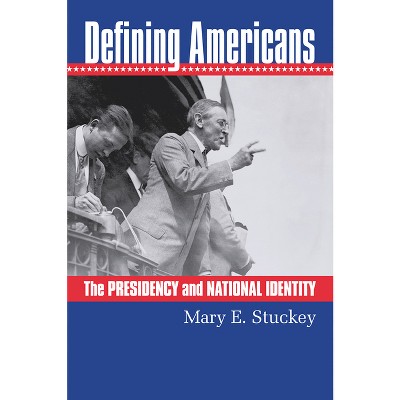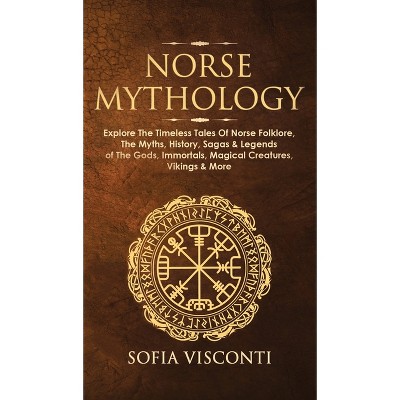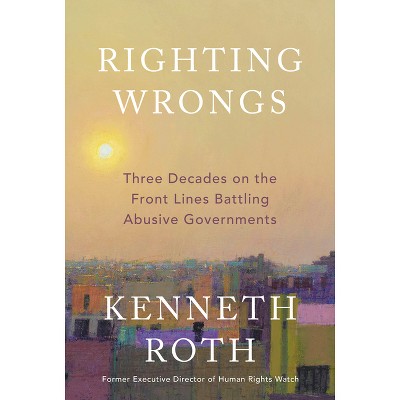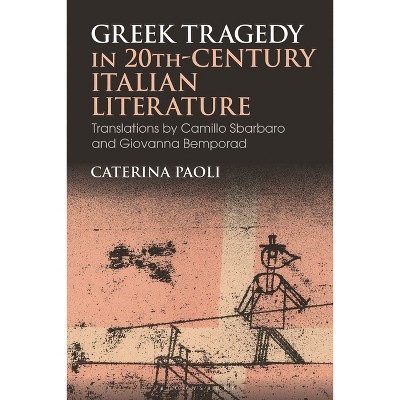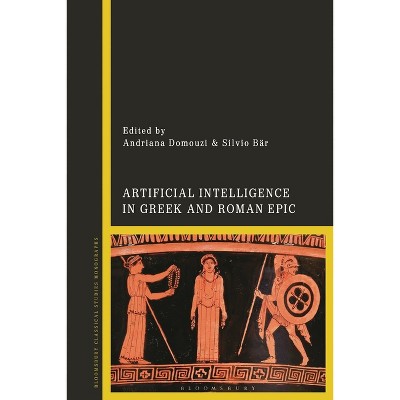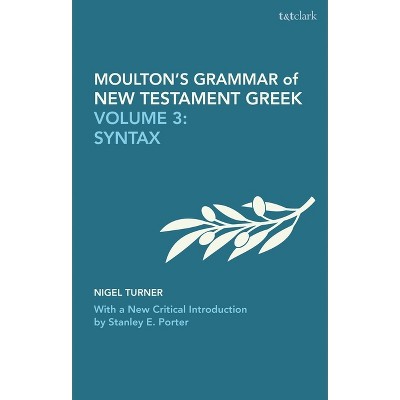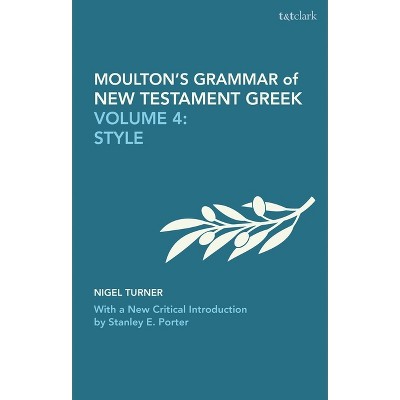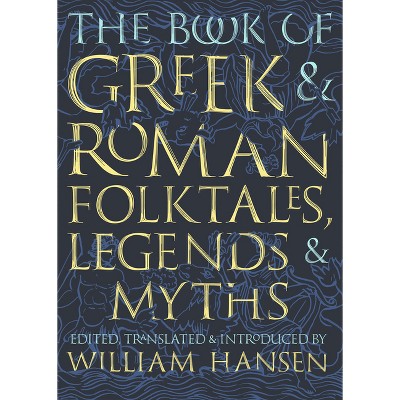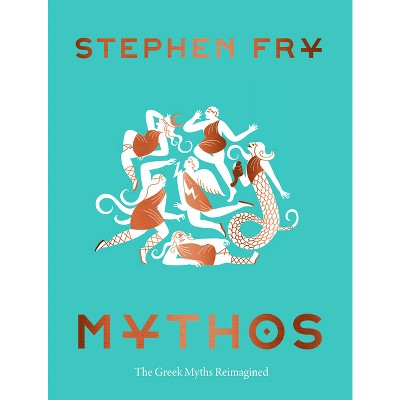Sponsored

Greek Myths for a Post-Truth World - by Yiannis Gabriel (Hardcover)
$90.00
In Stock
Eligible for registries and wish lists
Sponsored
About this item
Highlights
- Yiannis Gabriel examines what ancient Greek myths can teach us about the troubles and challenges of our 'post-truth' times: environmental degradation, mass migration, war, inequality, exclusion, authoritarianism and perplexing technological possibilities.It shows how Greek myths continue to stir our emotions and shape our experiences, while also assuming new meanings in contemporary culture that suggest a diversity of possible answers to questions that preoccupy us today.
- About the Author: Yiannis Gabriel is Professor Emeritus of Organizational Theory at the University of Bath, UK, and Visiting Professor at Lund University, Sweden.
- 312 Pages
- Social Science, Folklore & Mythology
Description
About the Book
"This book examines what ancient Greek myths can teach us about the troubles and challenges of our 'post-truth' times: environmental degradation, mass migration, war, inequality, exclusion, authoritarianism, and perplexing technological possibilities. It shows how Greek myths assume new meanings in contemporary culture but continue to stir emotions and shape experiences. They offer a diversity of possible answers to questions that preoccupy us and act as fountains of meaning in our times when meaning becomes precarious and fragmented"--Book Synopsis
Yiannis Gabriel examines what ancient Greek myths can teach us about the troubles and challenges of our 'post-truth' times: environmental degradation, mass migration, war, inequality, exclusion, authoritarianism and perplexing technological possibilities.It shows how Greek myths continue to stir our emotions and shape our experiences, while also assuming new meanings in contemporary culture that suggest a diversity of possible answers to questions that preoccupy us today. In addition to acting as fountains of meaning when meaning is precarious and fragmented, Greek myths have a therapeutic power connecting us to the predicaments that humans have faced across the ages.Across centuries and millennia, Cassandra makes her unheeded prophecies and Pandora unleashes fresh troubles from her box. Yet, each age discovers new meaning and value in old stories, and different myths come into prominence as they address the aspirations and anxieties of each. Using ten ancient myths as his points of departure, Yiannis Gabriel invites readers to think and experience the world we inhabit mythologically - to engage with emotions and symbolism that lurk deeply inside old texts and to consider different courses of action, both individual and collective. In addition to providing intellectual stimulation, the book shows that Greek myths can be a source of practical wisdom and re-assurance that we so badly need in our times.
Review Quotes
Myths and traditional tales - whether spoken, written or sung - were the cultural DNA of the ancient Greeks. Thanks to creative re-interpreters, such as the learned and enlightened Yiannis Gabriel, they can continue to be so for a vastly different contemporary world.
This engaging and thoughtful book shows us how the Greek myths remain as relevant today as they did in the days of Homer. It is a timely demonstration that the global challenges we face today are the same as those faced by our ancestors and the stories they told continue to suggest ways we might navigate through society's current difficulties.
About the Author
Yiannis Gabriel is Professor Emeritus of Organizational Theory at the University of Bath, UK, and Visiting Professor at Lund University, Sweden. He is author of Music and Story: A Two-Part Invention (2022), Myths, Stories, and Organizations: Premodern Narratives for Our Times (2004) and Storytelling In Organizations: Facts, Fictions, and Fantasies (2000).Dimensions (Overall): 8.5 Inches (H) x 5.5 Inches (W) x .75 Inches (D)
Weight: 1.12 Pounds
Suggested Age: 22 Years and Up
Number of Pages: 312
Genre: Social Science
Sub-Genre: Folklore & Mythology
Publisher: Bloomsbury Publishing PLC
Format: Hardcover
Author: Yiannis Gabriel
Language: English
Street Date: October 3, 2024
TCIN: 94298923
UPC: 9781350376571
Item Number (DPCI): 247-46-4636
Origin: Made in the USA or Imported
If the item details aren’t accurate or complete, we want to know about it.
Shipping details
Estimated ship dimensions: 0.75 inches length x 5.5 inches width x 8.5 inches height
Estimated ship weight: 1.12 pounds
We regret that this item cannot be shipped to PO Boxes.
This item cannot be shipped to the following locations: American Samoa (see also separate entry under AS), Guam (see also separate entry under GU), Northern Mariana Islands, Puerto Rico (see also separate entry under PR), United States Minor Outlying Islands, Virgin Islands, U.S., APO/FPO
Return details
This item can be returned to any Target store or Target.com.
This item must be returned within 90 days of the date it was purchased in store, shipped, delivered by a Shipt shopper, or made ready for pickup.
See the return policy for complete information.
Trending Non-Fiction

$4.59
MSRP $7.99
Save $5 when you spend $20 on select books
4.8 out of 5 stars with 123 ratings

$6.20
MSRP $10.95
Save $5 when you spend $20 on select books
4.8 out of 5 stars with 33 ratings

$7.09
MSRP $9.99
Save $5 when you spend $20 on select books
4.9 out of 5 stars with 46 ratings

